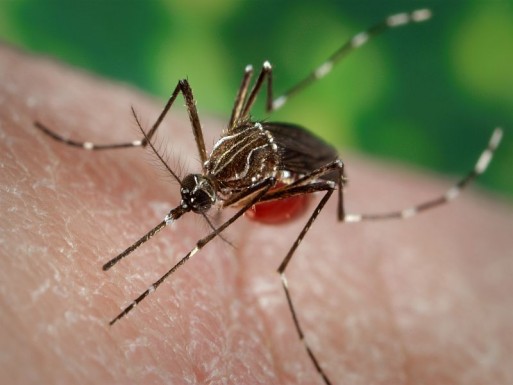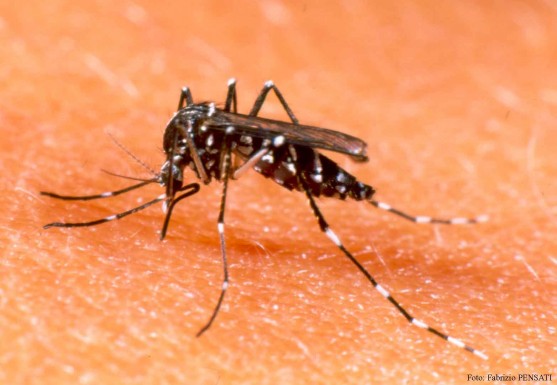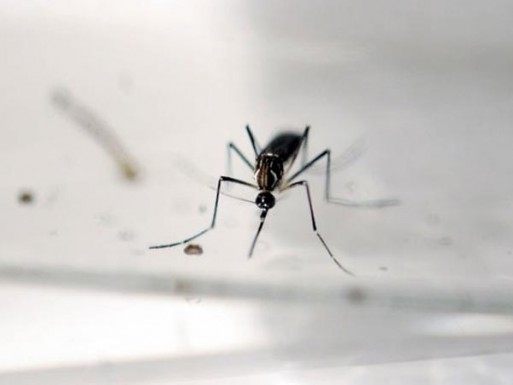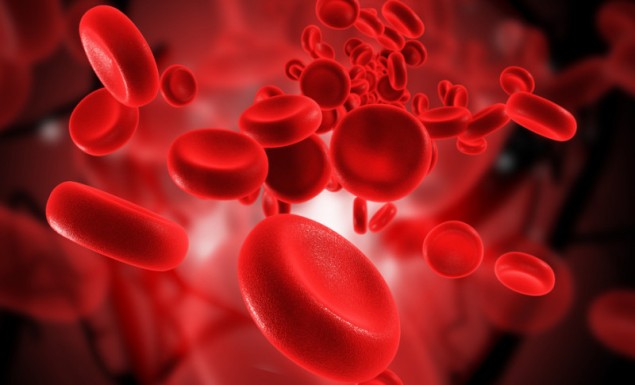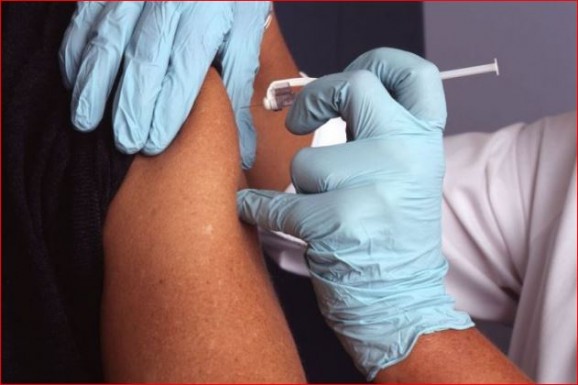In a recent report, the MCD has confirmed as many as 2,711 dengue cases till October 8 as the situation remains critical.
New Delhi: Dengue and chikungunya have struck fear in Delhi so much that the health graph of the city has registered a steep rise in these cases of late.
In a recent report, the MCD has confirmed as many as 2,711 dengue cases till October 8 as the situation remains critical across the country.
With these vector-borne diseases, characterised by high fever and severe pain in the joints, taking their toll on our lives, experts have listed down some of the misconceptions about them that have been setting off false alarm bells around the country and undermining the efforts to curb and control these ailments.
1. Dengue and chikungunya mosquitoes breed in dirty water: This is the most common misconception associated with dengue and chikungunya. It is not just dirty water that mosquitoes can lay eggs in; clean water that has been stagnant for over five days can also often act as the best breeding ground for Aedes aegypti, the yellow fever mosquito. Discarded tyres and tubes, empty flower pots, water stored in drums and water collected under refrigerators after defrosting can all be potential breeding havens for mosquitoes.
2. Having dengue once means it will not occur again: There are four different types of dengue viruses namely DEN 1, 2, 3 and 4. Being affected by one of the four types offers no protection against other strains, which means much like common flu, dengue can be contracted multiple times by a patient over the course of his/her lifetime.
3. Antibiotics are needed to treat dengue and chikungunya: So far, there is no vaccine that can immunise human beings against these diseases but vaccine for dengue will be coming soon. Nearly 75 percent of dengue cases are curable just by properly dispensing oral fluids and providing proper care and treatment to patients. Only prevention and control of mosquitoes can ensure long-term protection against these diseases.
4. Low platelet count does not always mean dengue: People tend to associate low platelet count with dengue. While it is a good indicator to find out if a patient is suffering from dengue or not, a common cold and viral fever can also bring down your platelet count. There are several other viral infections which can result in a low platelet count; people diagnosed with blood-related diseases, anaemia, severe infections and immunological disorders are bound to have fewer platelets in their blood.
5. Using insecticide sprays is enough to kill mosquitoes: While sprays and fumigation can prove beneficial in curbing the mosquito population to a great extent, using only insecticides cannot ensure 100 percent safety against mosquitoes. The main reason for this is mosquitoes get killed but eggs and larvae don’t get killed. It is equally important to keep your surroundings clean and tidy. Vectors are born in stagnant water accumulated in coolers, air conditioners, pots, ornamental plants, fountains, water tanks, bird feeders, etc. Hence, it is important to maintain hygiene in and around the house, and not allow water to accumulate anywhere.
6. Chikungunya will lead to joint deformity: While symptoms of chikungunya include joint pain and muscle pain, and can closely mimic rheumatoid arthritis or other rheumatologic diseases, the vector-borne disease cannot deform your joints. Most patients recover fully but in some cases, the joint pains may persist for weeks or months.
Given the rapid rise in the number of reported cases of dengue and chikungunya, it is essential for every individual to contribute in the fight against these deadly diseases and to keep India healthy and illness-free. Accurate information, coupled with proper preventative measures, can play a major role in achieving this aim and ensure a tomorrow free from the threat of dengue and chikungunya.
Source: Deccan Chronicle News



